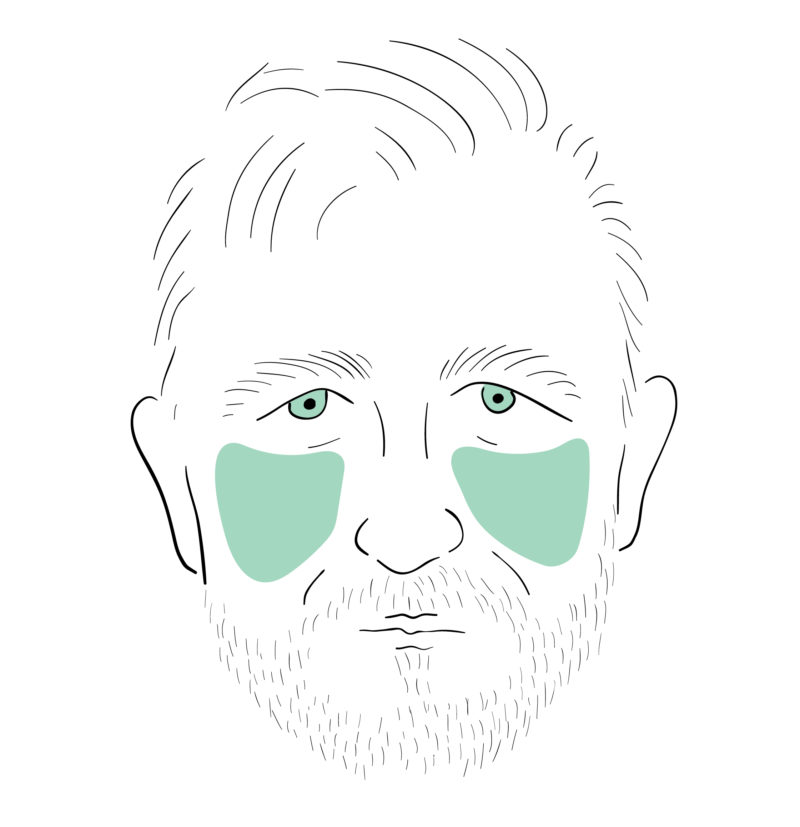In her 2010 book Nox, the poet and classicist Anne Carson advises, “If you are writing an elegy begin with the blush.” Her suggestion confuses me: Blushing seems like an inappropriate reaction to mortality. Its delicate ephemerality gets blown out of the water by death as pure destination, as everybody-out, last-stop-on-the-line finitude. If nothing else, Carson’s words are incongruous on chromatic terms; I have never known anyone to grieve in pink. Yet in the same work she asks us, “Why do we blush before death?,” and her question prompts a reflexive follow-up: Do we really?
Something about the blush pervades matters we otherwise regard as serious and profound. It appears, at times, to sinister effect. When the German anthropologist Johann Blumenbach created his classification system for the races, placing his own at the top, his first justification was the erroneous notion that only white people could blush: “The redness of the cheeks in this variety is almost peculiar to [them]… it is but seldom to be seen in the rest.” Sir Charles Bell, a nineteenth-century British anatomist, wrote that in the blush “we perceive an advantage possessed by the fair family of mankind, and which must be lost to the dark.”
Death, power, and, of course, sex—the blush seeps into all. As with weeping or fainting, it holds out the promise of a body that undermines itself, that can overwhelm a person into revealing certain physical truths.
I am not white, and I do not blush visibly. Recently, I picked up the book Blush, which studies the phenomenon of blushing through a pairing of text from the writer Jack Robinson and images by the artist Natalia Zagórska-Thomas. I was surprised by the jealousy I felt reading about Robinson’s experience of chronic blushing:
“The moment when, having walked out of the shop with my pint of milk, I realise I haven’t paid. The moment when the person on the Tube I’ve been staring at looks straight back at me. The moment when I realise that I am being stared at… The moment when, having avoided being knocked over by a bus by a matter of millimetres, I realise that could so easily have been the end, but isn’t.”
Why do we blush before death?
If Blush teaches us anything, it’s that kitsch should not be underestimated. Cuteness can sicken an...
You have reached your article limit
Sign up for a digital subscription and continue reading all new issues, plus our entire archives, for just $1.50/month.
Already a subscriber? Sign in





